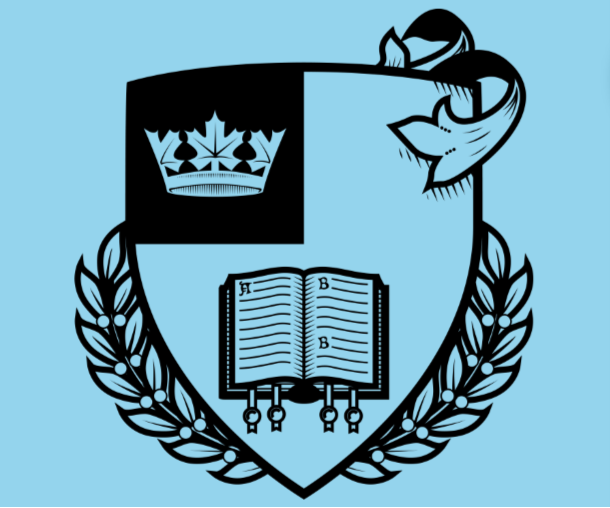Executive Summary
We live in an epoch of human history when social, technological and environmental changes are accelerating in ways that increase exponentially the complexity of policy-making and regulation. It is therefore more urgent than ever for governments to obtain sound expert advice before acting, especially in formulating public policies. Yet, paradoxically, falsehoods can now propagate globally in seconds, encouraged by a growing number of leaders around the world who actively disparage the sciences, their proponents and practitioners, and their conclusions.
In this context, governments must depend on a robust science capacity that can be brought to bear on the key questions of today, and to prepare for those of tomorrow. Fortunately for Canada, transformative federal leadership has underpinned the emergence and development since the 1970s of a world-class science capacity. This federal leadership has been significantly renewed since 2015, and Canada is internationally praised for the quality and breadth in fields across the natural and health sciences, humanities, engineering, arts, and social sciences. Moreover, this quality and breadth characterizes campuses and insitutions across provinces and territories.
Unfortunately, though, a significant gap separates this world-class science capacity from actual government decision-making. Few clear pathways enable and facilitate engagement between those inside government and leading scientists and scholars across Canada, the vast majority of whom receive federal research funding. Decisions have been taken recently to coordinate and strengthen science inside government, as well as to improve collaboration across federal extramural research agencies. However, federal action has not been taken to close the internal-external gap. The result is that the federal government cannot effectively and efficiently call upon Canada’s world-class science capacity to help address all the urgent social, technological and environmental challenges that face government decision-makers in the 21st century.
Recognizing this context, the RSC’s Strategic Plan for 2018-2022 emphasized with increased urgency its historic position that expert, independent, and objective scientific advice is fundamental to policy development and decision-making. The RSC committed to the “implementation of a sharpened focus for contributing advice to policy and public discussion”. That commitment builds on the RSC’s Position Paper in 2015, which set out the vital importance of science advice, and the attributes that ideally characterize both such advice and the structures/personnel to deliver it.
The federal government responded quickly to recommendations from the RSC and others to follow through on a 2015 platform promise to re-establish the position of Chief Science Advisor. The platform in the same breath committed that the Chief Science Advisor would ensure “that scientific analyses are considered when the government makes decisions.” The machinery to fulfill that promise, however, remains inadequate. It is now urgent that attention be focused on closing the inside-outside gap through creation of explicit pathways that enable and facilitate external science advice. Specifically, the RSC suggests there are two crucial next steps:
- The RSC recommends that Canada’s Chief Science Advisor be formally recognized as the Government’s key interlocutor connecting external science and government, and that this role be embodied in legislation. In particular, the Chief Science Advisor must be empowered to clarify and strengthen the Government’s internal processes for determining an agenda of issues requiring external scientific advice.
- The RSC recommends that the Government of Canada act expeditiously to create a high-level science and technology advisory committee, and that this committee be embodied in legislation. We further recommend that the CSA serve as co-chair (or chair) with an external co-chair (or vice-chair) selected from among the appointees by the Government of Canada. We further recommend that the presidents of the Royal Society of Canada along with the Canadian Academy of Health Sciences and the Canadian Academy of Engineering sit ex-officio on the new committee in order to strengthen government knowledge of, and access to, leaders across Canada’s science communities.


